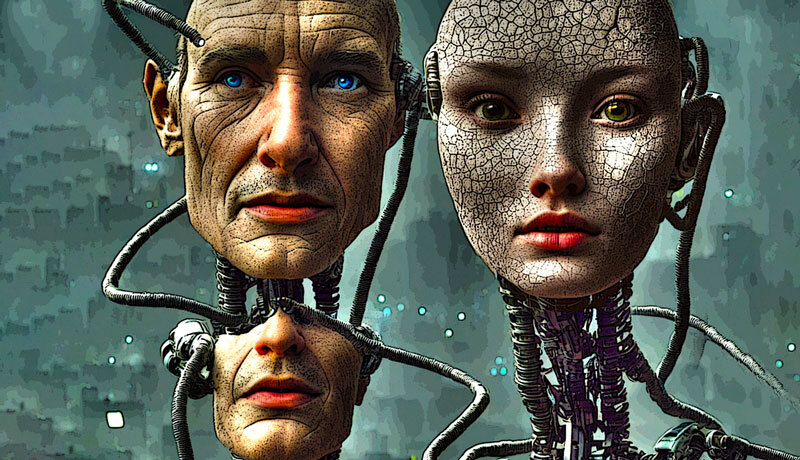Huawei researchers say giving artificial intelligence a “body” is the next step in its development – Key Information
- Huawei researchers highlight the role of embodied artificial intelligence as a key step in the development of AGI, enabling artificial intelligence to better understand the world.
- Scaling up large language models is not enough to achieve AGI. Researchers question whether these models can truly understand reality.
- Embodied artificial intelligence must have the ability to perceive, act and observe results. This is crucial to achieving general intelligence.
- The development of embodied artificial intelligence faces technological challenges, such as the limitations of current models, especially those using massive cloud networks.
- Despite the difficulties, the embodied artificial intelligence approach opens up new possibilities on the road to creating artificial intelligence capable of general understanding and interaction with the world around it.

Researchers at Huawei’s Noah’s Ark Lab in Paris are presenting a new perspective on the development of artificial general intelligence (AGI). Their research on embodied artificial intelligence (E-AI) assumes that giving artificial intelligence a “body” is a key step toward achieving AGI. By embedding artificial intelligence models in embodiment, the researchers say, agents will better understand the world, a significant advance in the field of artificial intelligence.
Challenges of large language models
The Huawei team’s paper emphasizes that existing approaches based on large language models, such as OpenAI’s ChatGPT and Google’s Gemini, are not enough to truly understand the world. While there is a widespread belief that scaling models can lead to AGI, the researchers dispute this theory. Instead, they suggest that full understanding can only be achieved by interacting with it, which calls into question previous approaches to building artificial intelligence.
Researchers stress that artificial intelligence agents must be able to perceive, act and observe the results of their actions. Perception includes the system’s ability to take raw data from the real world in real time and process that data in a way that can be understood. Embodied artificial intelligence must be able to pay attention to the world around it, which paves the way for general intelligence capabilities. However, researchers realize that they face numerous challenges, including the technological limitations of current models, which are often based on massive cloud networks.
Summary
The Huawei team’s research paper brings a new perspective to the development of artificial intelligence, placing the need for embodiment, perception and action. The ultimate goal is to achieve artificial general intelligence, but the road to this goal is highly demanding and requires overcoming numerous technological and theoretical challenges.




